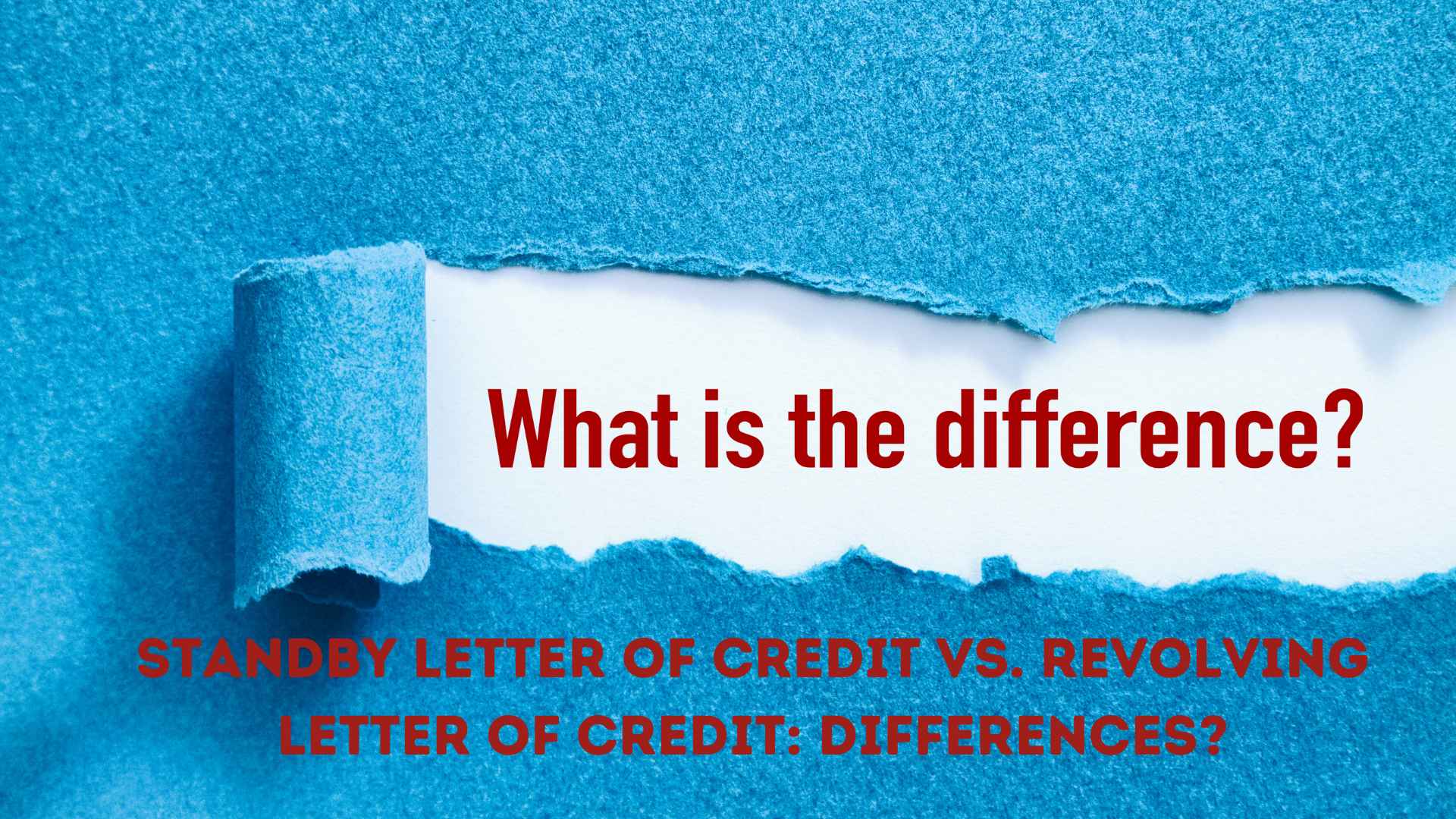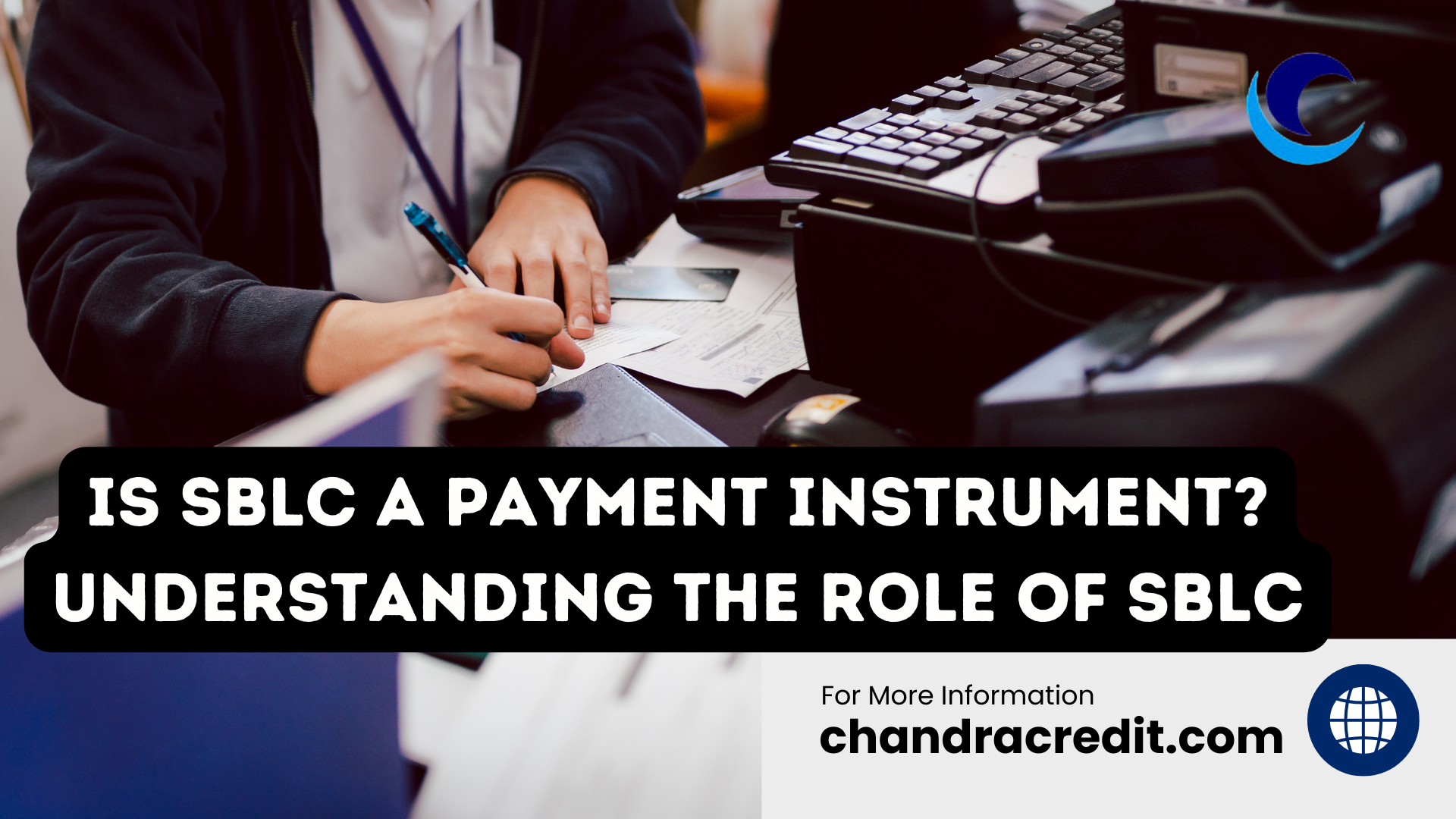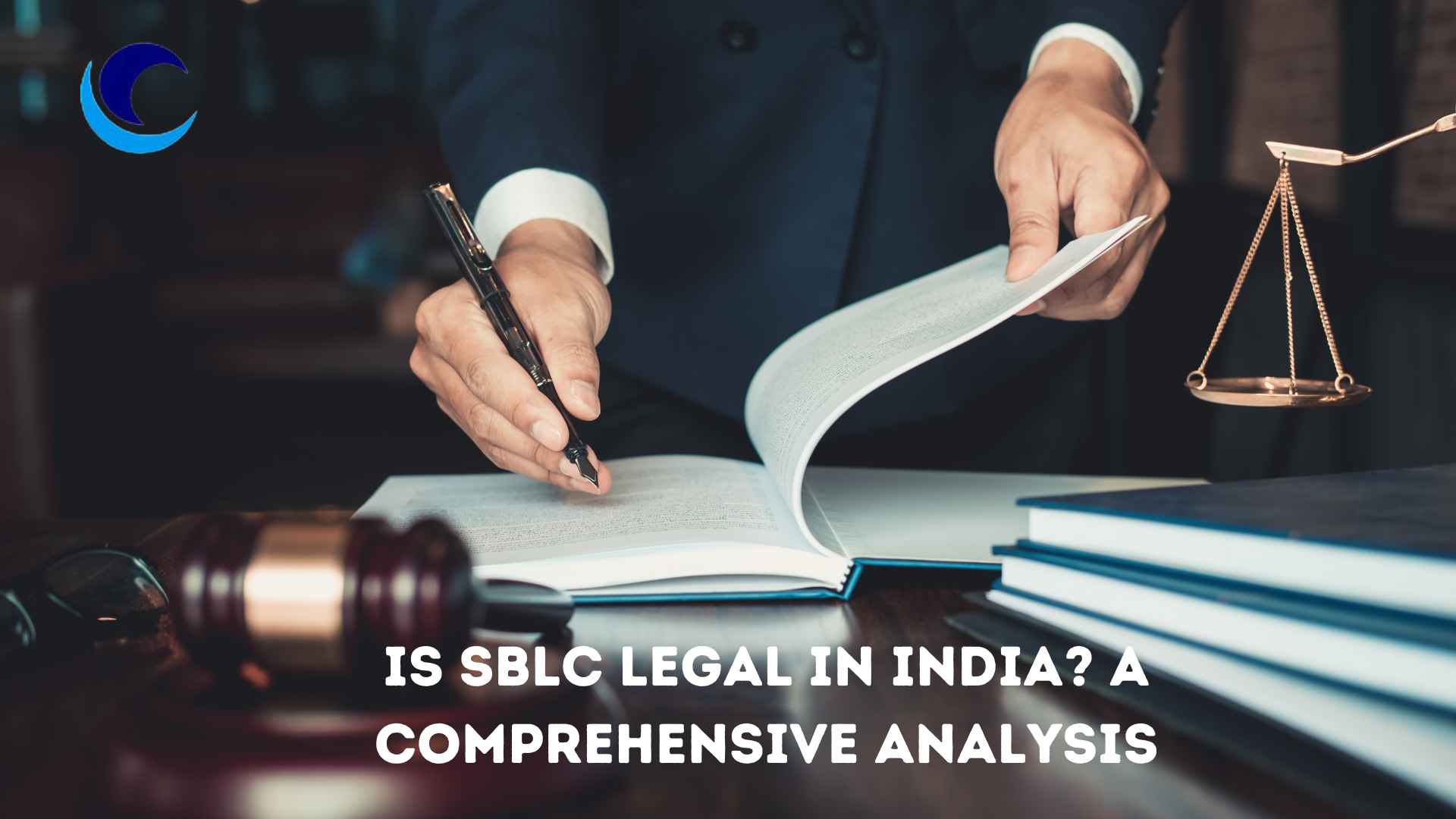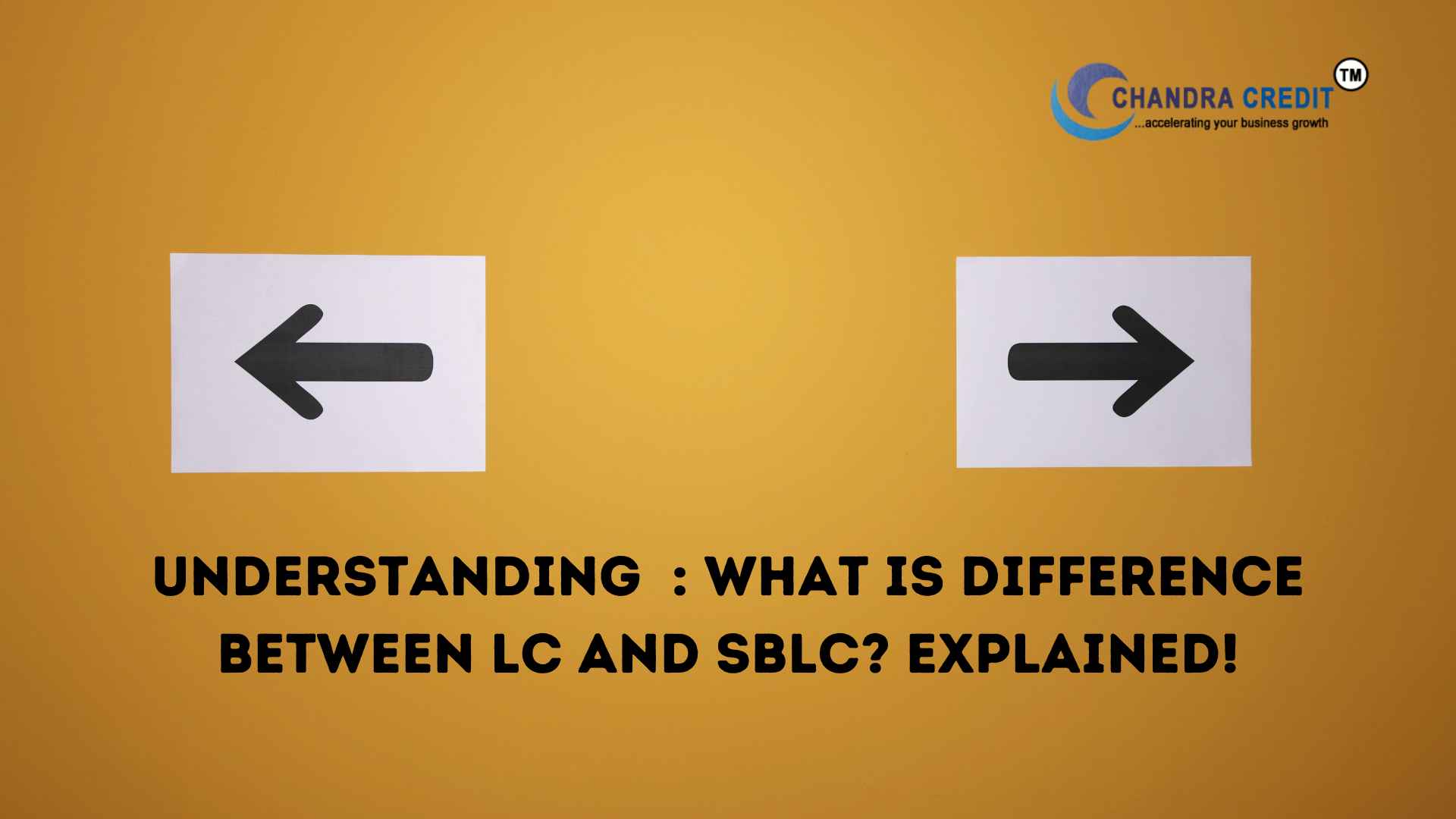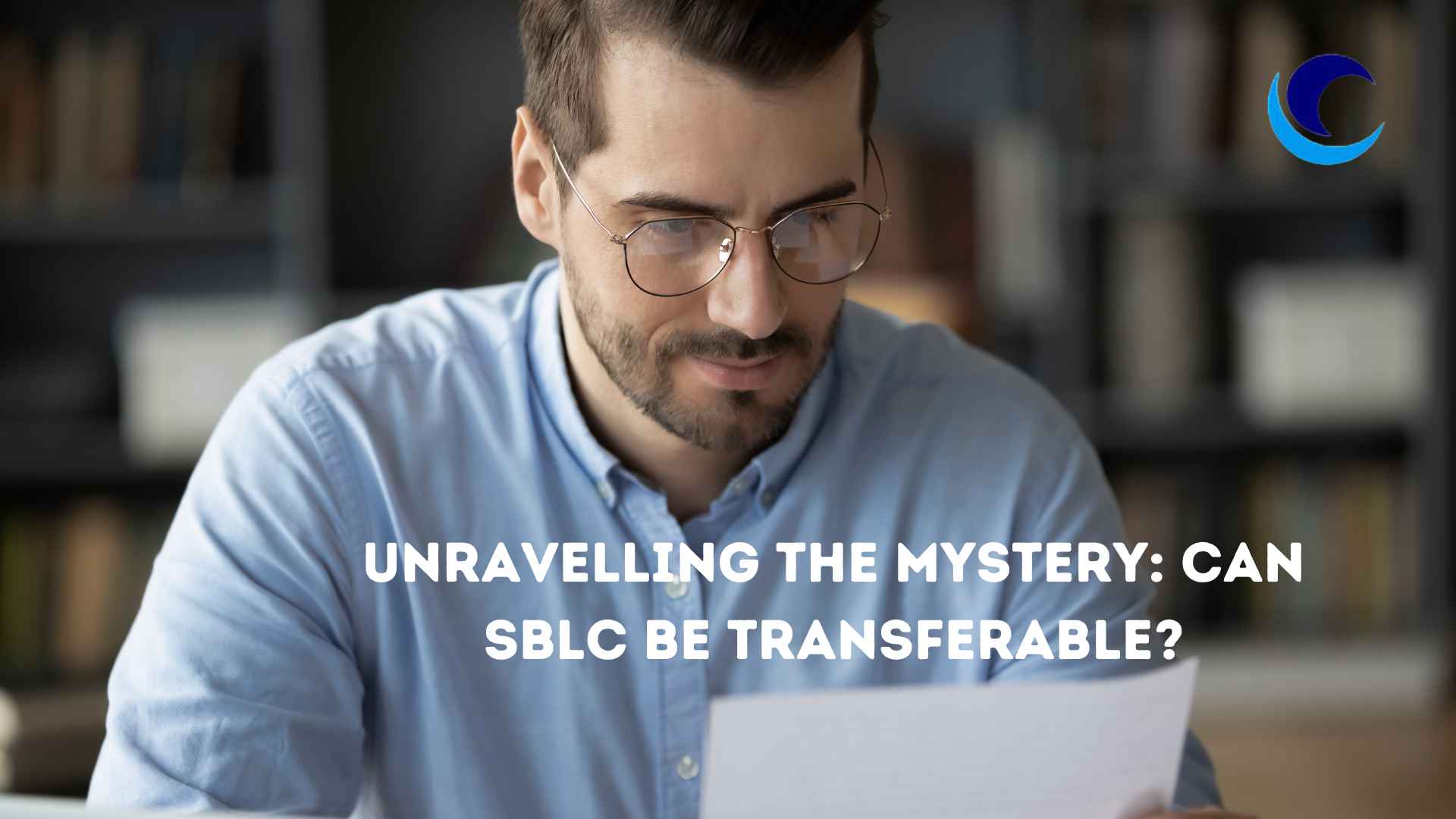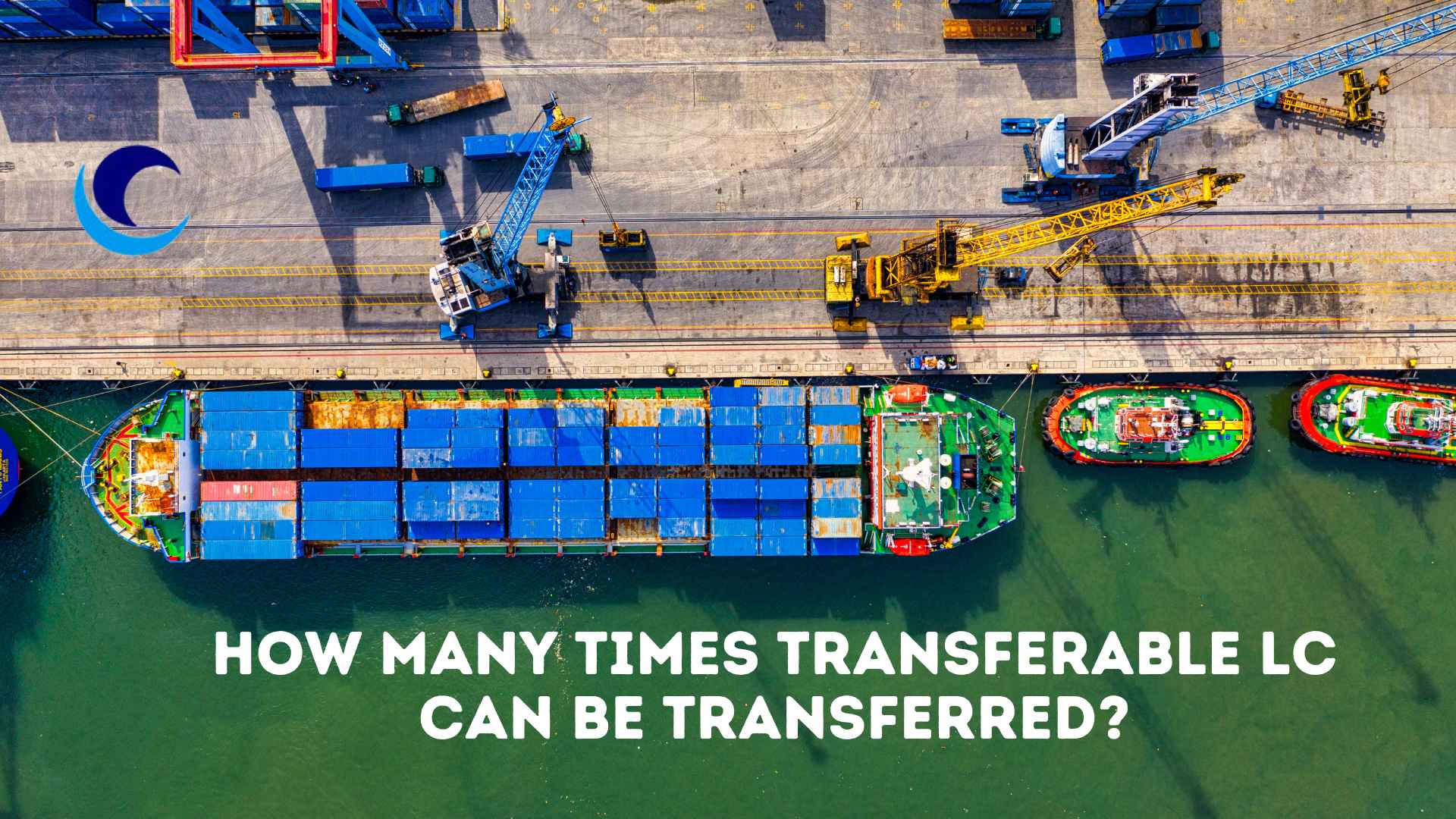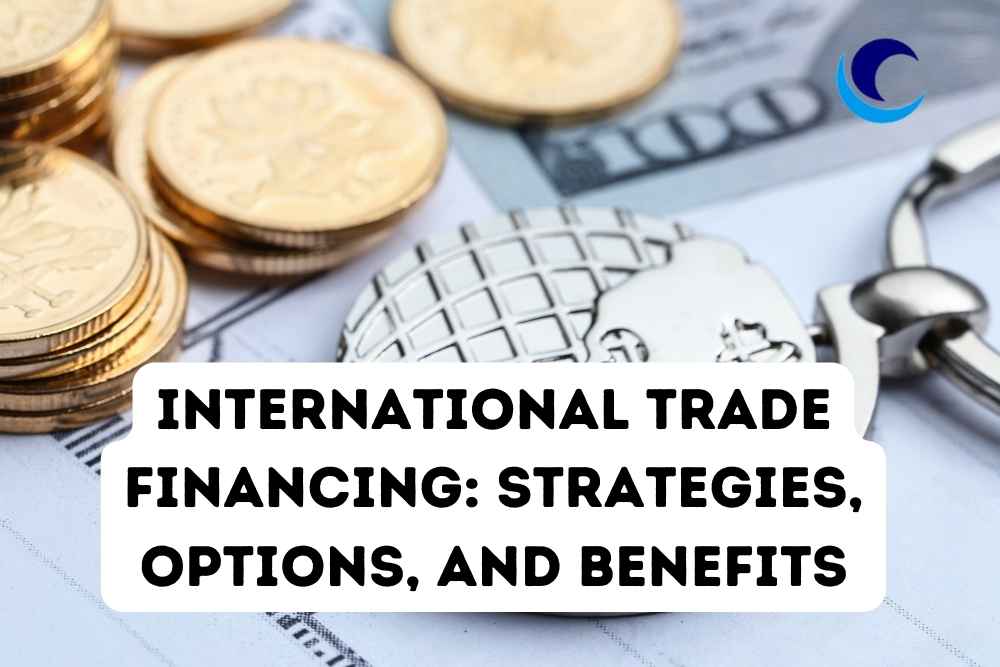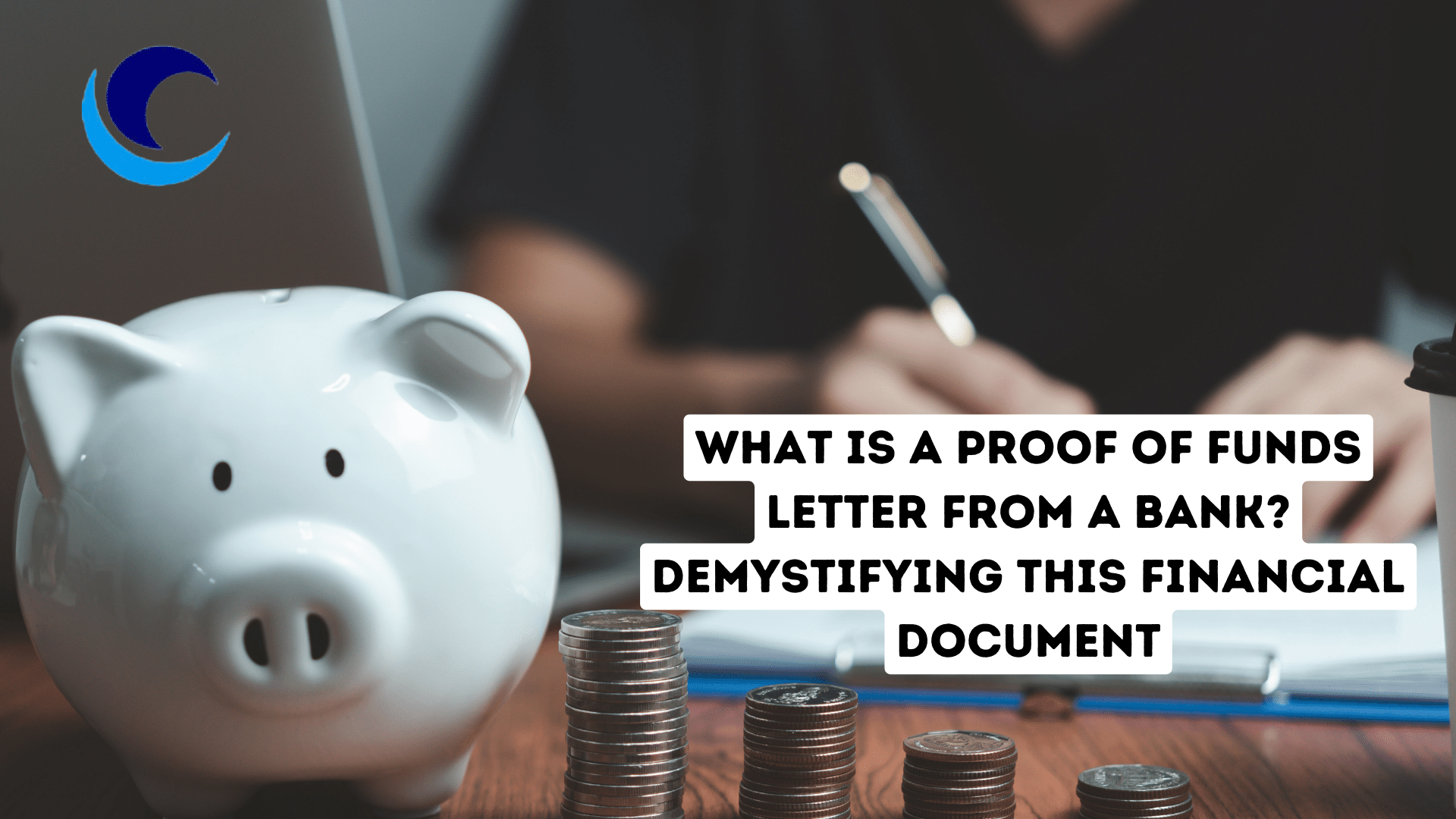


Bank guarantees are essential financial instruments in both domestic and international trade. They provide assurance to the beneficiary that the bank will fulfill the financial obligations of the applicant if they fail to do so. But a common question arises: Is a bank guarantee refundable? In this comprehensive blog, we will explore the intricacies of bank guarantees, their types, conditions for refundability, and the processes involved.
Definition and Purpose:
A bank guarantee is a commitment by a bank to pay a certain amount of money to a beneficiary if the applicant (customer) fails to fulfill their contractual obligations. It serves as a financial safety net for the beneficiary, ensuring that they receive compensation in case of default by the applicant.
Performance Guarantee: Ensures the performance of contractual obligations by the applicant. If the applicant fails to meet the terms, the beneficiary can claim compensation from the bank.
Financial Guarantee: Guarantees the repayment of a financial obligation. It is commonly used in loan agreements and other financial transactions.
Bid Bond Guarantee: Issued during the tendering process to ensure that the bidder will enter into the contract if awarded. If the bidder withdraws, the beneficiary can claim the bond amount.
Advance Payment Guarantee: Ensures the return of advance payments made by the beneficiary if the applicant fails to deliver goods or services as per the contract.
Applicant: The party requesting the guarantee from the bank.
Beneficiary: The party in whose favor the guarantee is issued.
Guarantor (Bank): The financial institution issuing the guarantee.
Amount: The maximum sum guaranteed by the bank.
Validity Period: The duration for which the guarantee is valid.
Understanding Refundability:
Refundability of a bank guarantee depends on several factors, including the type of guarantee, the terms and conditions set forth in the agreement, and the circumstances surrounding the claim.
No Claim Made: If the validity period expires and no claim is made by the beneficiary, the guarantee can be considered refundable. The bank releases the blocked funds or collateral held for the guarantee.
Fulfillment of Obligations: If the applicant fulfills their contractual obligations satisfactorily, the beneficiary can release the guarantee, making it refundable to the applicant.
Cancellation by Mutual Consent: Both the beneficiary and the applicant can agree to cancel the guarantee before its expiration. In such cases, the guarantee can be refundable.
Claim Made by Beneficiary: If the beneficiary makes a claim on the guarantee due to non-fulfillment of obligations by the applicant, the guarantee amount is paid to the beneficiary and is non-refundable.
Irrevocable Guarantees: Most bank guarantees are irrevocable, meaning they cannot be canceled unilaterally by the applicant. Once issued, they remain in effect until the expiry date or fulfillment of the guarantee terms.
Submission of Request: The applicant submits a formal request to the issuing bank for the release of the guarantee.
Verification by Bank: The bank verifies that no claims have been made against the guarantee and that all terms and conditions have been met.
Consent from Beneficiary: The bank may require written consent from the beneficiary confirming that no claims are pending.
Release of Funds: Upon verification, the bank releases the blocked funds or returns the collateral to the applicant.
Original Guarantee Document: The original guarantee document issued by the bank.
No Claim Certificate: A certificate from the beneficiary stating that no claims have been made or are pending.
Application Form: A completed application form for the release of the guarantee.
Contractual Obligations:
The terms and conditions of the bank guarantee are legally binding. Both the applicant and the beneficiary must adhere to these terms to avoid legal disputes.
Blocked Funds:
While the guarantee is in effect, the applicant's funds or collateral are blocked, affecting their liquidity. A refundable guarantee, if released, can improve the applicant's financial position.
Arbitration and Mediation:
In case of disputes regarding the refundability of a bank guarantee, arbitration or mediation can be used to resolve the issue amicably.
Clear Terms and Conditions: Ensure that the terms and conditions of the guarantee are clear and unambiguous.
Timely Fulfillment of Obligations: Fulfill all contractual obligations on time to avoid claims by the beneficiary.
Regular Communication: Maintain regular communication with the beneficiary to ensure mutual agreement on the fulfillment of terms.
Monitor Validity Period: Keep track of the guarantee's validity period and initiate the refund process well in advance.
Maintain Documentation: Keep all documentation related to the guarantee in order to facilitate the refund process.
The refundability of a bank guarantee depends on various factors, including the fulfillment of obligations, the type of guarantee, and the specific terms outlined in the agreement. While most bank guarantees are non-refundable once a claim is made, there are scenarios where they can be refunded if no claims are pending and the obligations have been met. Understanding these conditions and managing the process effectively can help applicants navigate the complexities of bank guarantees. For detailed guidance and assistance, Chandra Credit Ltd provides expert support in managing and processing bank guarantees.
Ms. Sunanyana Puri is a Qualified Company Secretary and a Law graduate and is heading the operations of Chandra Credit Ltd. With her rich Experience and Academic Knowledge in Compliances, Law, and Finance she is committed to and has been able to take this Organization to a global level, Her dynamic personality and oral skills given with creativity and sound management and marketing potential have proved to render unbeatable performance and successive growth in terms of building relations with Lenders/investors.
















